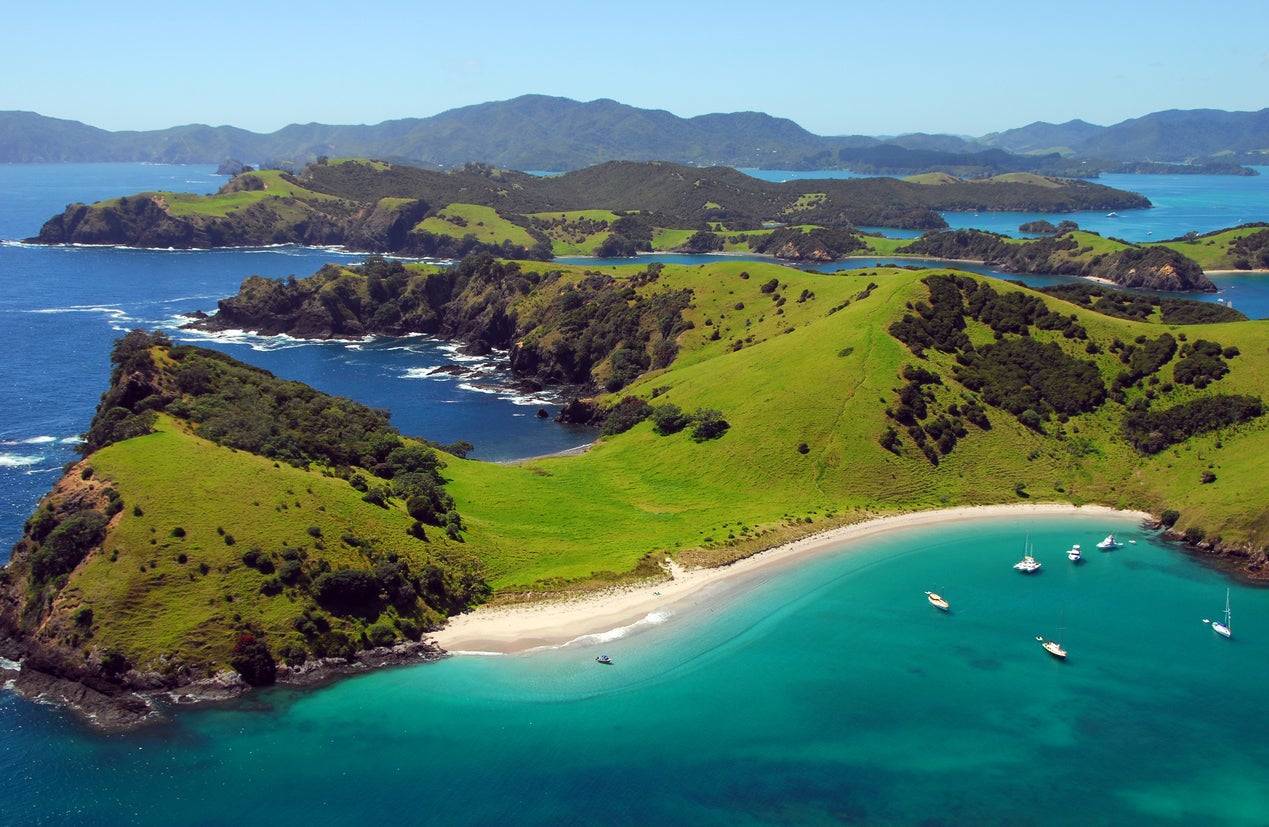When can I travel to New Zealand again?
Government announces foreign tourists will be permitted from April 2022

New Zealand has announced that the country will begin a gradual reopening from early 2022.
Here’s everything we know we about when Brits may be able to travel to New Zealand for tourism, and what the restrictions will be like.
What are the current restrictions on travellers from the UK?
The New Zealand border is currently closed to almost all arrivals, with the only exceptions being “those considered to have a critical purpose to travel”.
Anyone entering New Zealand from the UK who meets this criteria must quarantine in a government-mandated facility for a minimum of 14 days, submitting to Covid tests within 24 hours of arrival, and on days three and 12 of isolation.
When will New Zealand reopen its borders?
The New Zealand government outlined plans for a phased reopening on 24 November.
Fully vaccinated Kiwis will be permitted to enter New Zealand from Australia from 16 January, and from the rest of the world from 13 February, without having to quarantine in a facility (though self-isolation will still be required).
The travel ban on fully vaccinated foreign tourists will then be lifted from 30 April – although it’s as yet unclear whether this will apply to all visitors or whether reopening will happen in stages depending on countries’ coronavirus infection rates and vaccine rollouts.
All travellers will have to self-isolate for seven days and take a Covid test on arrival, as well as present a pre-departure negative test and provide proof of full vaccination to be allowed in.
What will the travel restrictions be?
In August 2021, Prime Minister Jacinda Ardern said the country would be moving to a “pathways” system of travel, with arriving travellers’ pathways into New Zealand determined by a combination of their vaccination status and where they have been in the previous 14 days.
Countries will be grouped according to risk, using several factors: number of cases, prevalence of variants of concern, vaccination rates, and the New Zealand government’s “confidence in the country’s strategies for managing outbreaks”.
A “traveller health declaration system” is being developed that will enable New Zealand border agencies to confirm arrivals’ vaccination status. This will take the form of a digital tool that requires travellers to upload information before they arrive in New Zealand, such as their vaccination information.
Rapid border testing is also being developed.
Will I need to quarantine on arrival in New Zealand?
Initially, yes: all travellers will have to self-isolate for seven days on arrival, although it looks like this will no longer need to be done at a government facility, allowing for greater flexibility.
Ms Ardern explained this “modified isolation” as follows: “If you have been to a country where there is Covid, but pretty decent rates of vaccination, and you yourself are vaccinated, rather than going into [managed quarantine] we will be looking into either isolation at home, and/or shortened isolation periods.”
It's unclear which category the UK will fall into by the time the new restrictions are introduced in April.
Join our commenting forum
Join thought-provoking conversations, follow other Independent readers and see their replies
Comments
Bookmark popover
Removed from bookmarks